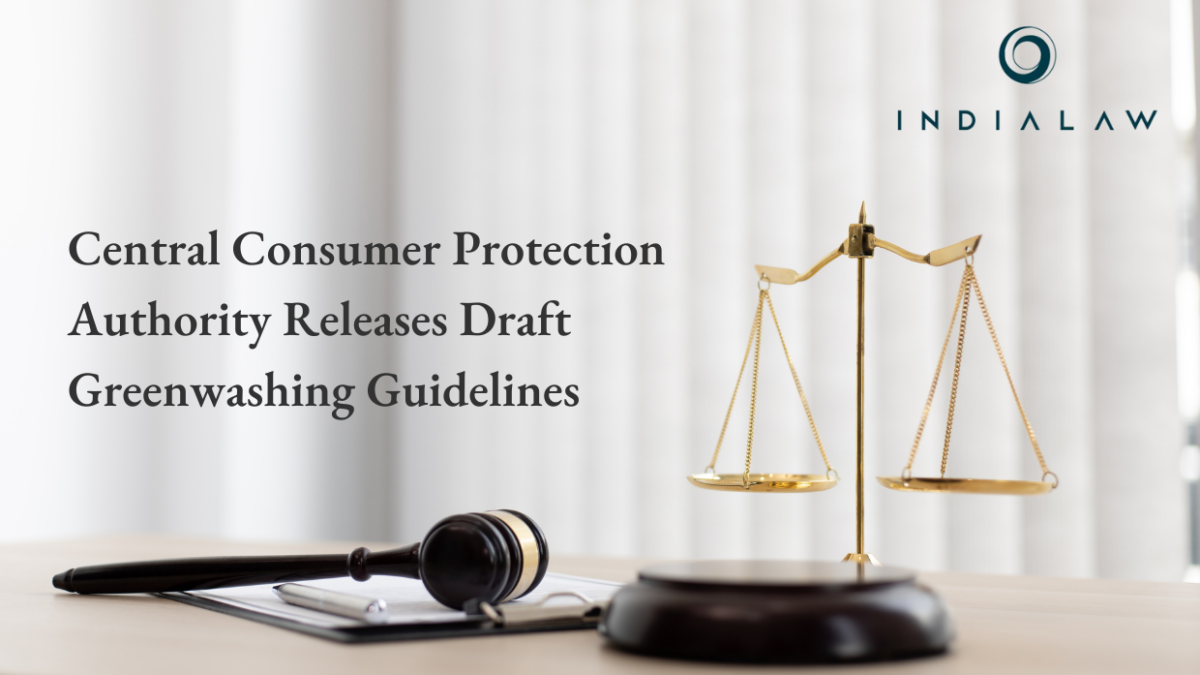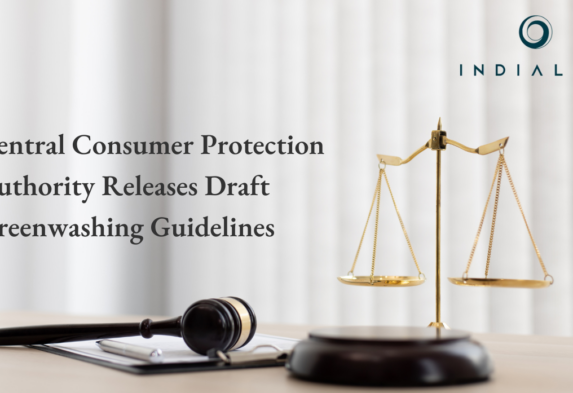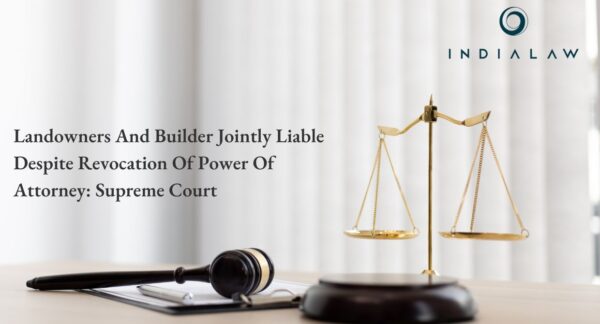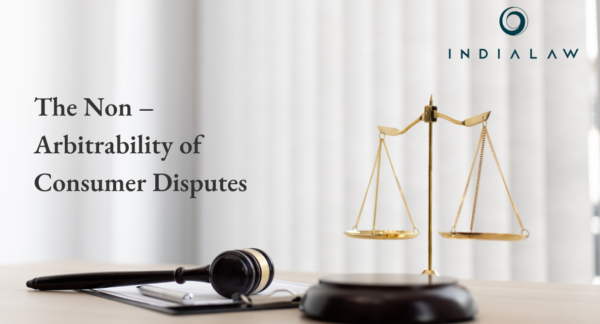Central Consumer Protection Authority Releases Draft Greenwashing Guidelines


Recently, the Department of Consumer Affairs (“DoCA”) had constituted a committee of stakeholders for consultation on the menace of greenwashing. The committee comprised of National Law Universities, Law Firms, Government and Voluntary Consumer Organisations, as well as all major industry associations. Thereafter, this committee has proposed certain guidelines for prevention of greenwashing, viz. the Guidelines for the Prevention and Regulation of Greenwashing, 2024 (“the draft Guidelines”). The draft Guidelines were released and uploaded for suggestions and views of the public on 20th February, 2024.
The primary objective of the draft Guidelines is to protect and safeguard the consumer’s interest by limiting greenwashing strategies employed by companies and service providers in order to increase the volume of sales/revenue. In this regard, the draft Guidelines attempt to solve the problem of unsubstantiated environmental claims made by companies/service providers through their advertisements thereby purporting to be more eco-friendly than their competitors.
The draft Guidelines prohibit companies from engaging in ‘greenwashing’, which refers to the practice of misleading consumers and stakeholders by making false or exaggerated claims about a company’s environmental performance or products. The DoCA has now placed the draft Guidelines for inputs/comments from the public and the relevant stakeholders, which are to be provided latest by 21st March, 2024.
In this backdrop, the relevant features of the draft Guidelines are as follows:
- Applicability: The draft Guidelines are made applicable to all advertisements or service providers, product sellers, advertisers, or advertising agencies or endorsers whose service is availed for the advertisement of such goods or services. The draft Guidelines are not made applicable to any advertisement or communication that is not specific to a particular good or service, unless such advertisement or communication directly leads to the purchase of any good or service. The draft Guidelines are also not made applicable where any company makes a statement of following sustainability principles, in relation to its growth.
- Definitions: The draft Guidelines introduces and defines two new terms as:
- Greenwashing: It means any deceptive or misleading practice employed by companies which also includes concealing/omitting/hiding relevant information by exaggerating or making vague, false or unsubstantiated environmental claims;
- Environmental Claim: It means an express or implied manner of making any suggestive or creative claims pertaining to goods or services, whereby any/all of the following are being indicated:
- The good or service is supposedly eco-friendly or better for the environment; or,
- The good or service is purportedly less harmful or there is reduced negative impact to the environment; or,
- The good or service apparently causes lesser consequences to the environment in comparison to the competitors; or,
- The good or service seemingly positively impacts the environment.
- Required Disclosure in respect of any Environmental Claim made:
- Any environmental claim made shall be supported by accurate material information, directly in such advertisement or communication, or by inserting a QR code or link or other form of digital medium containing the relevant information substantiating such environmental claim;
- All material information is required to be disclosed by the company, even if such information is not in favour of the company;
- Any environmental claim made should be specific in nature where they shall include specific reference to such good, manufacturing process, packaging, manner of use of the good or its disposal; or in relation to a service, specific reference to such service or the process of rendering the service;
- Any environmental claim shall be substantiated by reliable evidence;
- Any comparative environmental claim must be supported by valid and relevant information and disclosed to the consumer;
- Specific environmental claims must be supported by disclosure of credible certification, reliable scientific evidence, or independent third-party verification to maintain their authenticity.
- Future Claims: Any companies making aspirational or futuristic environmental claims may be made only when clear and actionable plans are drawn up, with realistic timelines.
- Use of vague terms and imagery: The draft Guidelines prohibit the use of vague terms such as ‘green’, ‘eco-friendly’, ‘eco-consciousness’, ‘good for the planet’, ‘cruelty-free’, and similar such assertions. It further prohibits usage of imagery, such as ‘good for skin and good for nature’. Any such claims shall not be made and any such imagery shall not be used without valid disclosures.
- Challenges/Ambiguity in relation to interpretation: Any ambiguity in relation to the interpretation of any of the provisions of the draft Guidelines, shall be subject to the jurisdiction and interpretation of the Central Consumer Protection Authority.
- Contravention of the draft Guidelines: Any contravention to the provisions of the draft Guidelines shall be governed by the Consumer Protection Act, 2019 (“the Act”). Accordingly, penalties mentioned under the Act shall apply in respect of the contravention of the draft Guidelines.
The Central Consumer Protection Authority has released the draft Guidelines, presumably, in the backdrop of a growing number of service providers as well as manufacturers and sellers of goods making exaggerated claims that such good or service is produced or supplied whilst being more eco-friendly. By doing so, such service providers, manufacturers, companies wish to increase their sales by manipulating consumers into believing that they are doing more for the environment than their competitors.
This creates a bias in an unsuspecting consumer’s mind, and ultimately leads to a prejudice whenever such consumer purchases this product or procures this service. Hence, sensing a need to regulate this misleading practice, the draft Guidelines have been proposed in furtherance of this object. The relevant stakeholders, as well as the public, are now required to offer their views/comments/suggestions, if any, latest by 21st March, 2024. Therefore, it would be interesting to see what is the reaction of the stakeholders or the public to the draft Guidelines.




